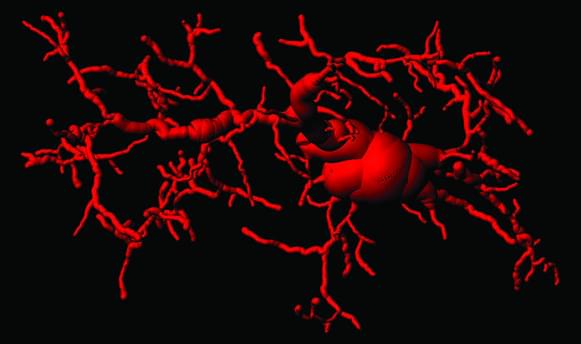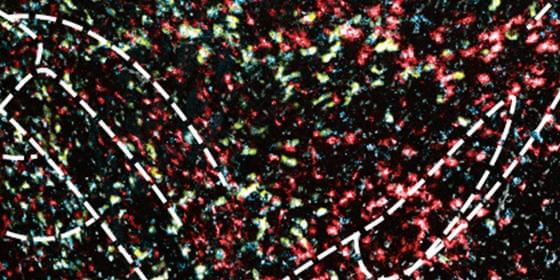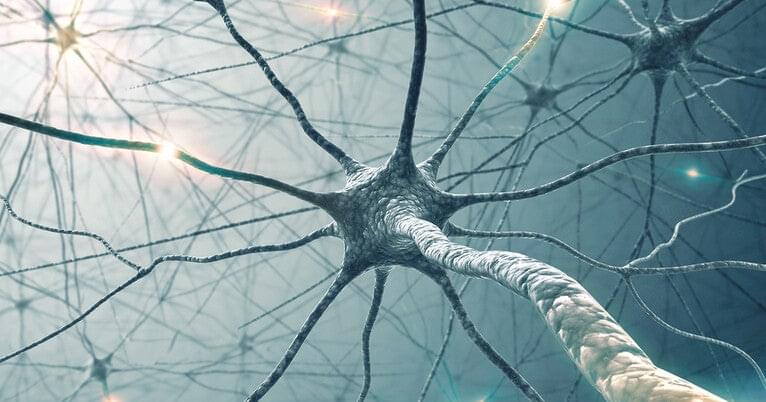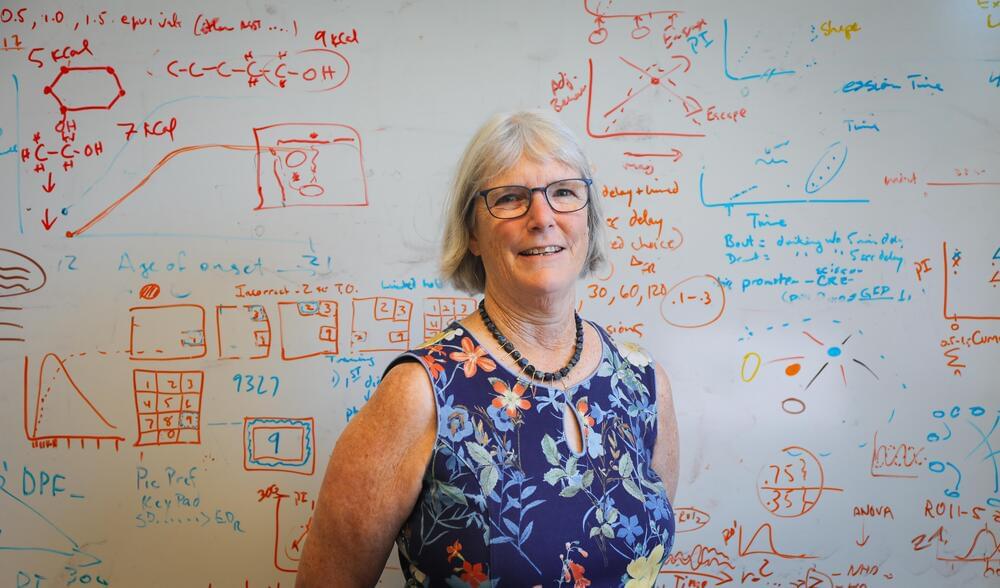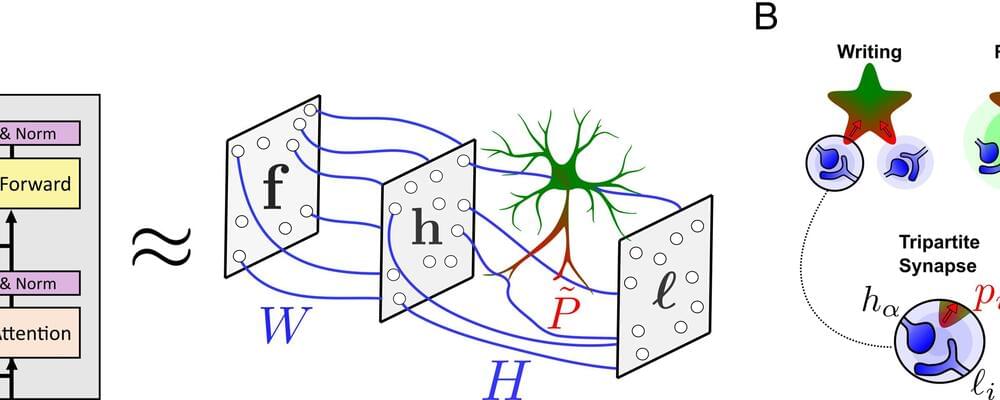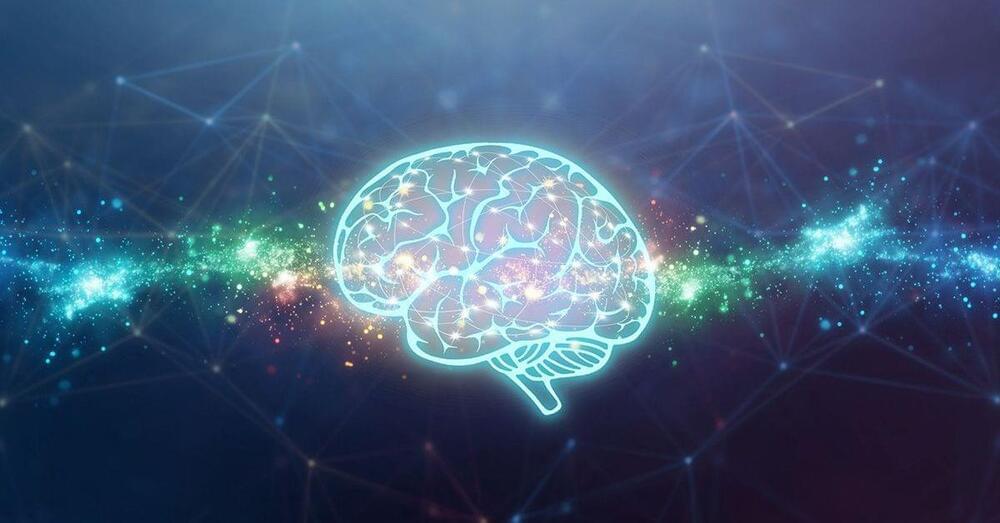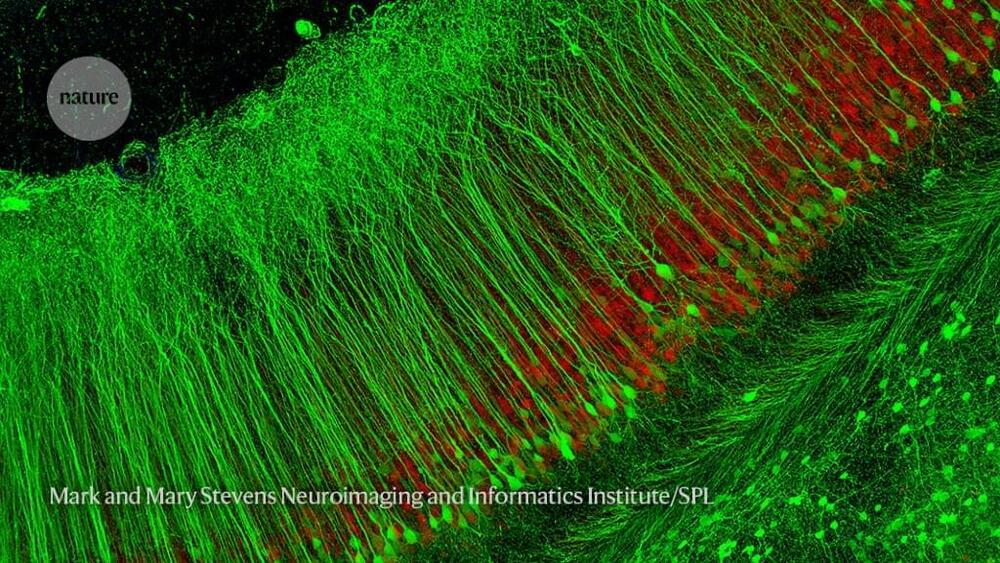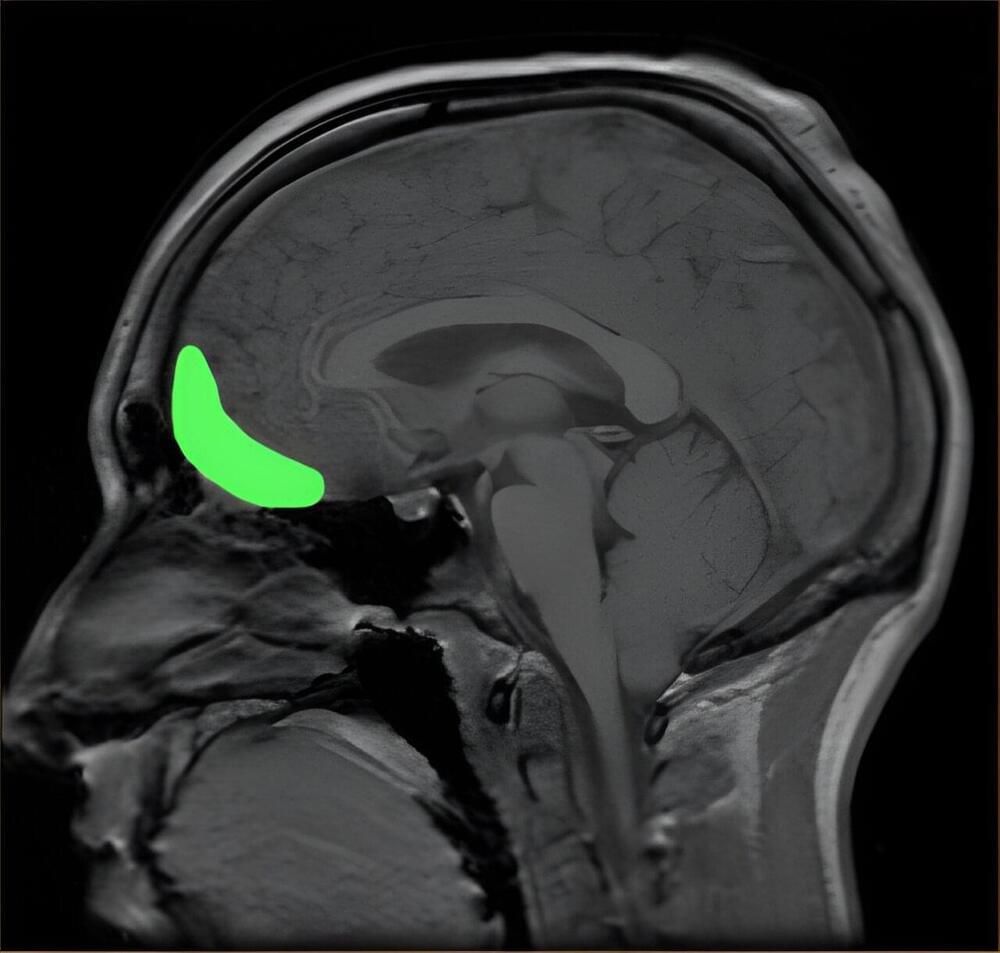Sep 29, 2023
A mother’s diet can protect her grandchildren’s brains: genetic model study
Posted by The Neuro-Network in categories: biotech/medical, genetics, health, neuroscience
Mothers who eat apples and herbs in early pregnancy could be protecting the brain health of their children and grandchildren, a Monash University study using genetic models has found.
The discovery is part of a project that found a mother’s diet can affect not just her child’s brain but also those of her grandchildren.
Published in Nature CellBiology, the Monash Biomedicine Discovery Institute study found that certain foods could help protect against the deterioration of brain function.
Continue reading “A mother’s diet can protect her grandchildren’s brains: genetic model study” »

